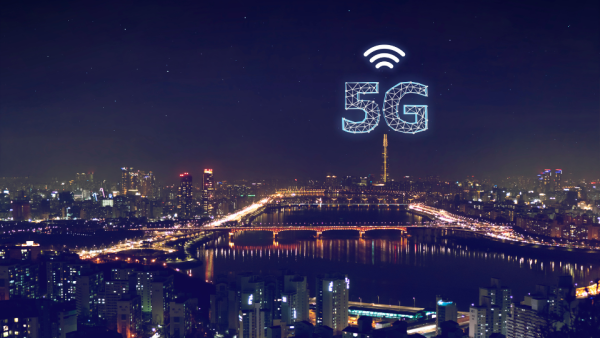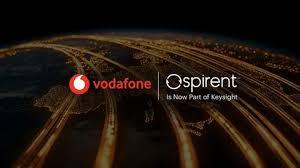
Using Samsung S24 smartphones as cameras, along with core and RAN gear from Cisco, Orange says it will capture footage that traditional systems would not.
Olympic ceremonies are a glorious opportunity for host cities to flaunt themselves before an international TV audience of billions, and the Paris organizers are in a showy mood. On July 26, the Seine will become a watery parade of boats, each bringing sportspeople for a specific country downriver. Thousands of spectators will crowd the banks, while onboard cameras will make armchair viewers feel as if they are seated next to the athletes.
But what the official website doesn't say is that the cameras provided will be smartphones. Three years since 5G had a disappointing catwalk at the Tokyo Olympics, the mobile technology will play a bigger role in sports broadcasting than it ever has. Orange, the French operator charged with providing the telecom infrastructure and services for the Paris Olympics, has built a "private" 5G network, separate from its public one, along a 6km stretch of the Seine to convey smartphone boat footage to the TV production center. The same technology is also being deployed at several venues, including the Stade de France, Arena Bercy and Paris La Défense Arena.
The boat footage would be impossible to capture with traditional broadcast systems, including the cameras normally used at these events, insisted Bertrand Rojat, the chief marketing and innovation officer for Orange Events, on a call with reporters this week. "If you want to have live images from the athletes, you need to have cameras on the boats," he said. "It's just not possible with regular cameras. It's too heavy, too expensive, too difficult to deploy."









